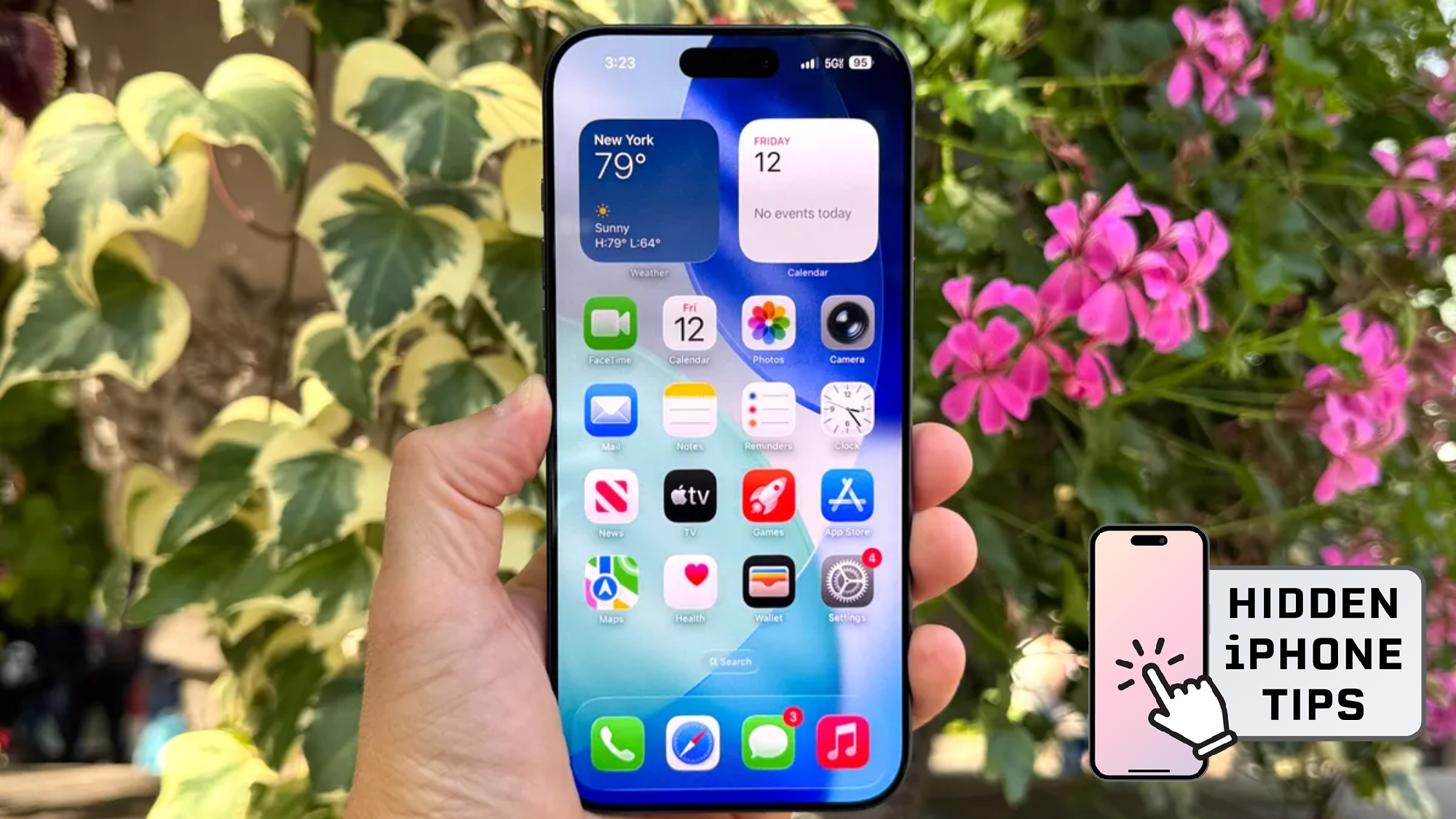'Shift work aged me faster than stress could alone' — the real impact fragmented sleep has on our health
I talk to experts, lawyers and doctors to learn more about shift work sleep disorder
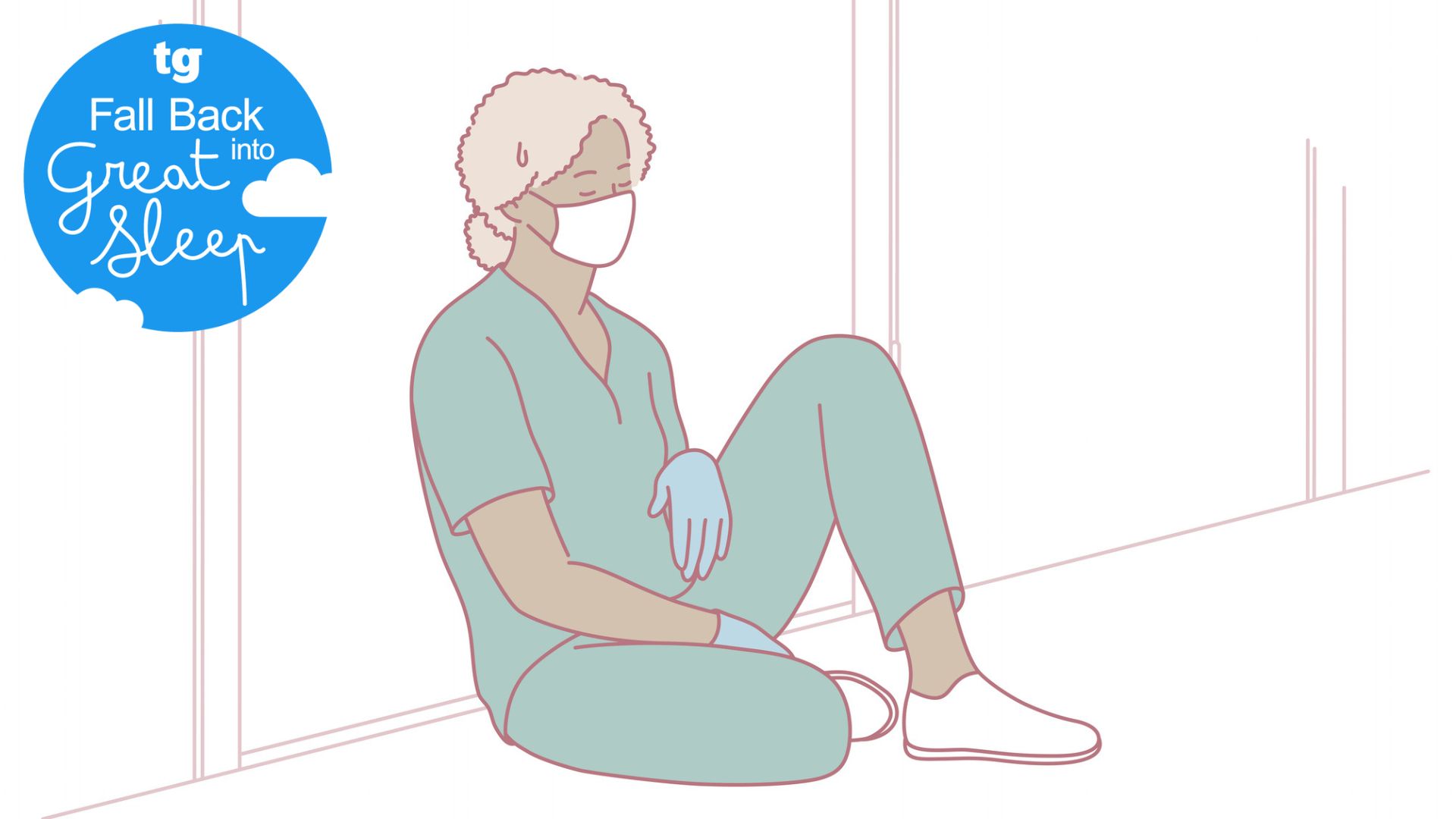
Working in shifts as we know it in the modern day originated at the start of the industrial revolution to keep up with maintaining and managing the factories.
Since then, shift work has permeated all industries to accommodate our 24/7 lifestyles. Whether in a supermarket, a bar or a ward on a hospital — shift work is now essential.
But as the Sleep Features Editor for Tom’s Guide, the single most important tip I’ve learned from the various neuroscientists, doctors and experts I’ve spoken to is to keep a consistent sleep schedule.
This, along with the importance of natural daylight, made me think about my friends who work shifts. Especially night shifts.
With the winter evenings drawing in, the mornings becoming dark and the temperatures dropping, shift work becomes almost unsustainable.
As part of our Fall Back into Great Sleep campaign, I’ve spoken to doctors, lawyers and people who work shifts for a living to find out the true impact of shift work on our sleep, physical health and mental health.
The true impact of shift work on sleep
It's unlikely to come as a surprise that shift work impacts our sleep. When someone says they work nights, it's usually the first thing we think of. But the true extent of this is often underestimated.
Kiara DeWitt, a full time Pediatric Neurology Registered Nurse, and the lead educator of neurology and neuroscience at Cook Children's Medical Center, often worked shifts at an acute neurology unit.
You hit the end of shift and you feel like you are ten years older than the day before
“The hardest shift to cover was 7pm-7am three to four nights a week,” she told us. “The first three hours I feel great and then usually between three and four in the morning everything becomes ten times slower.”
“Your thoughts, your reflexes, your patience. You hit the end of shift and you feel like you are ten years older than the day before,” she adds.
Dr. Leah Kaylor, world sleep expert and licensed psychologist specializing in sleep, explains that “irregular sleep messes with your body’s internal clock” causing fatigue and slower reaction times.

And it’s not just the fatigue on the shift.
“Trying to fall asleep afterwards is a nightmare,” says Kiara. A dysregulated circadian rhythm (internal body clock) means that our bodies don’t know when to produce essential hormones like melatonin that help us fall asleep.
This means that even at the end of a shift, sleep might feel impossible. Stimulus like rising daytime temperatures and sunlight also tell your body that it’s time to be awake.
“When you wake up covered in adrenaline it's almost like your body didn't know the shift was over. And even if you sleep in a quiet room with earplugs you still feel like your brain was just on pause for hours,” says Kiara.
The toll on physical and mental health
Sleep is the cornerstone of our health. Every night, we cycle through different stages of sleep, including REM sleep, light sleep and deep sleep.
Each one is responsible for maintaining a different aspect of our health. REM sleep, for example, helps us consolidate memory and process emotions, while deep sleep is responsible for most of our physical restoration, like muscle building.
It's not incompetence, it's sleep debt
In order to get enough of each stage to wake up feeling physically and mentally refreshed, we need a consistent sleep schedule and at least 7.5 hours of sleep. That’s often impossible for those working shifts.
Talking of her 12-hour night shifts, Kiara says that “by nine hours you're forgetting things. Where you put your pen down, what you're about to chart.”
“It's not incompetence, it's sleep debt,” she adds. By the end of the week, Kiara says her “short term memory felt like it was unraveling.” Physically, she struggled, too. Particularly her appetite; without a regular schedule, her body didn’t know when to feel hungry.
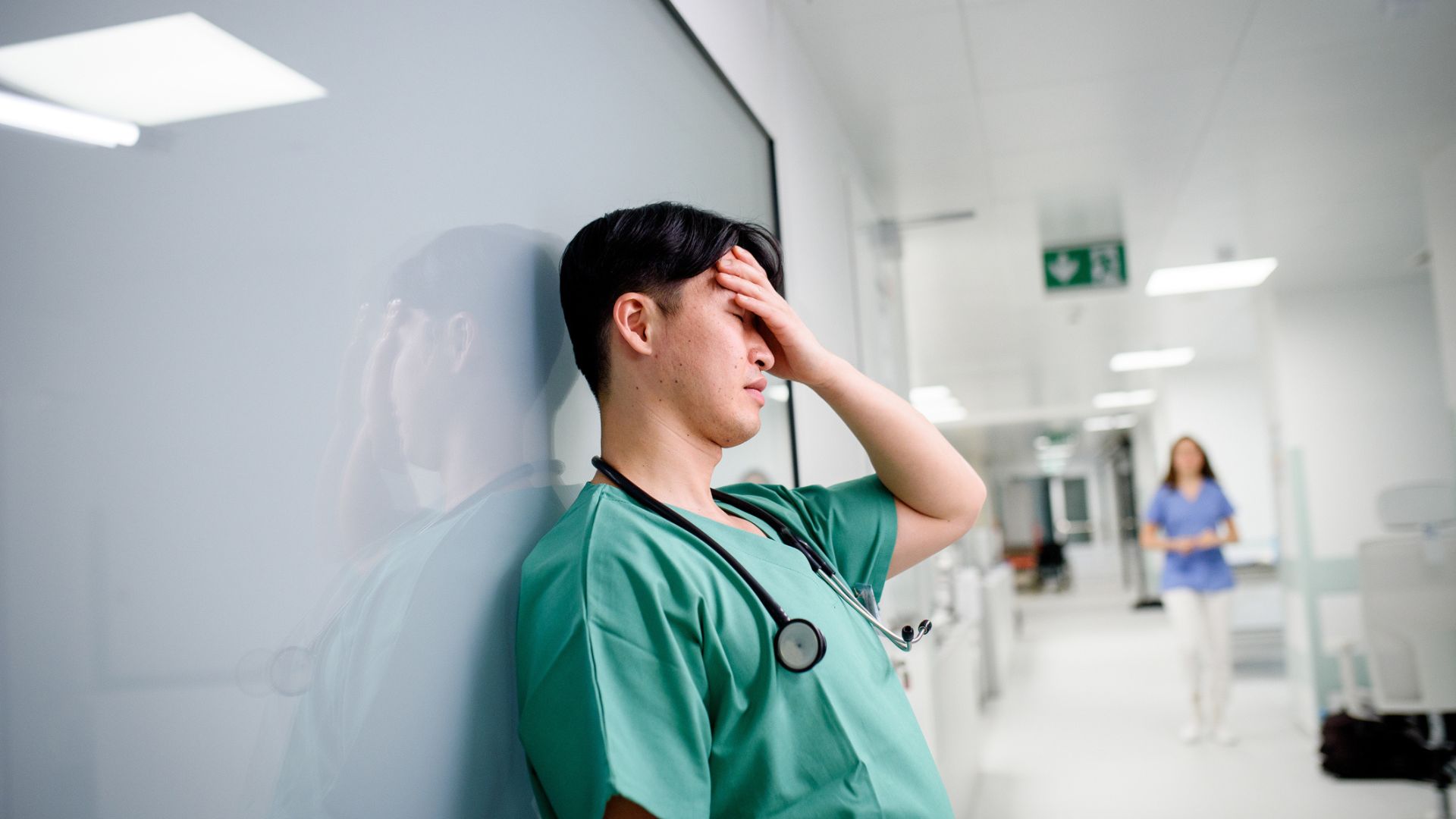
Dr. Winters, owner of Charlottesville Neurology and Sleep Medicine clinic and CNSM Consulting, says that people working shifts are more “at risk for auto accidents, depression, heart disease, weight gain, dementia, and cardiovascular problems.”
Among this group, “work-related injuries are high, poor productivity, attention issues, and signs of aging all increase,” the doctor adds.
And Kiara experienced this first hand. “I'll be blunt, shift work aged me faster than stress could alone,” she says.
What is shift work sleep disorder?
The longer your circadian rhythm is disrupted, the worse the effects. And it can lead to something called shift work sleep disorder.
“Shift work disorder (officially called shift work sleep disorder (SWSD)) is a sleep disorder that falls under the larger umbrella of circadian sleep disorders,” explains Dr. Winters. Others include jet-lag and delayed sleep phase disorder.
“The disorder is characterized by an erratic sleep schedule featuring elements of both excessive daytime sleepiness (EDS) as well as insomnia,” he adds.
Dr. Eugene Lipov, MD, a world leading expert on the physical consequences of trauma who has published works on resetting our nervous system, explains the link he sees between trauma and chronic sleep fragmentation.
The WHO (World Health Organization) publish lists of carcinogens every year, categorizing them according to their risk to humans. A carcinogen is a substance, organism or agent capable of causing cancer.
“From my clinical and research experience, chronic sleep fragmentation alters the brain’s stress response systems — particularly the sympathetic nervous system,” he explains.
“We see heightened cortisol levels, increased inflammation, and overactivation of the amygdala, which mirrors what I’ve observed in trauma and PTSD patients.”
“In both cases, dysregulated sleep and persistent stress maintain a “fight or flight” state that impairs recovery and emotional regulation.”
Studies have found that medical complications of shift work sleep disorder include increased risk for cardiovascular disease, cerebrovascular events and stroke, obesity and metabolic disorders, poor sexual health (including reduced fertility and problems during pregnancy) and multiple forms of cancer.
And, as Dr. Winters reminds us, the World Health Organization (WHO) classifies shift work as a class 2A carcinogen.
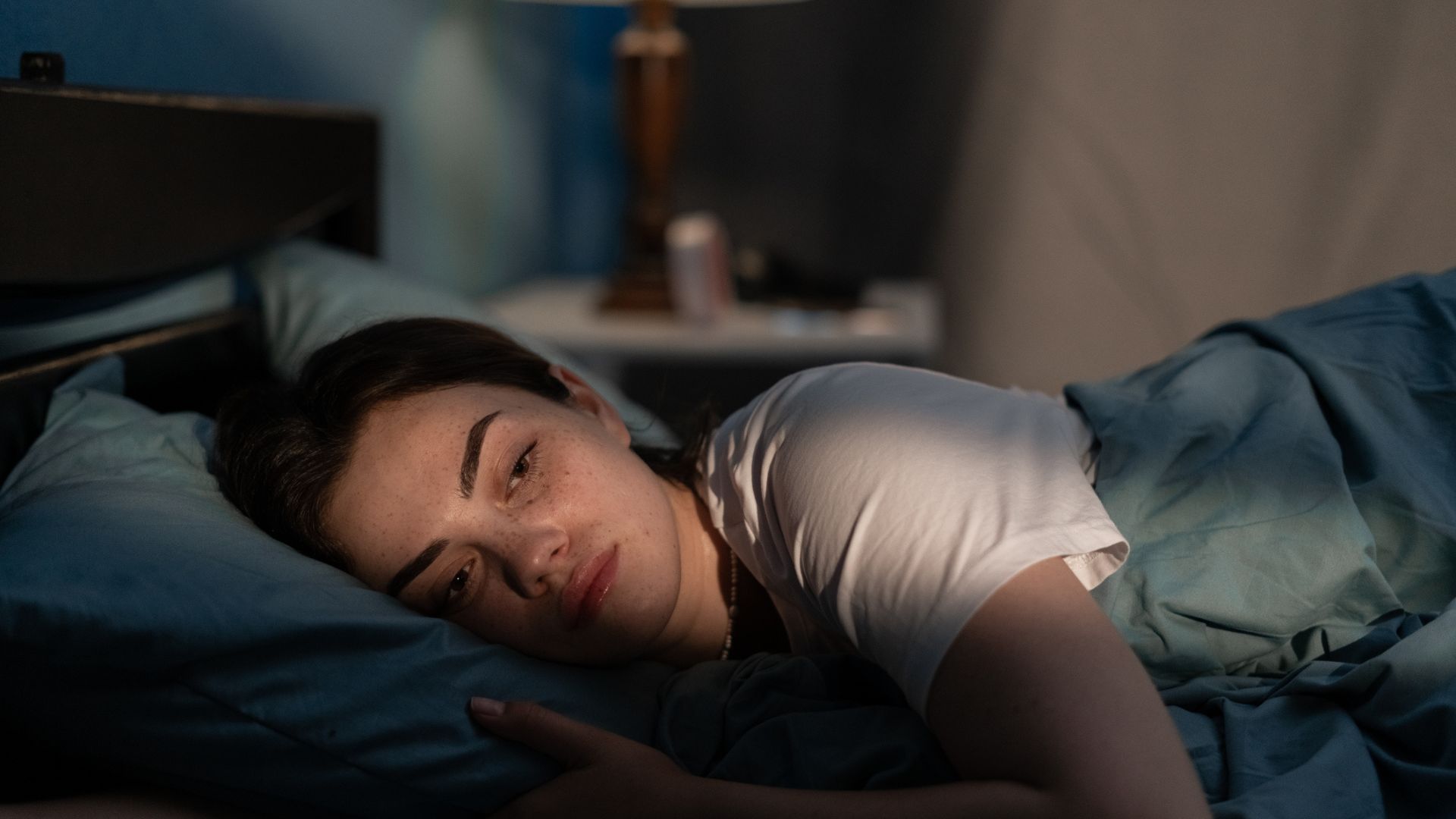
The truth about sleep inequality
An uncomfortable truth that needs to be addressed is sleep inequality. Unfortunately, good quality sleep has become a luxury that not everybody can afford. And shift work, especially night-shift work, is associated with lower incomes.
UK government statistics found that employees in night-time industries are more likely to be low earners. In 2022, 15.1% of employees in night-time industries were in low-paid roles, compared with 10.5% of employees as a whole.
Good quality sleep has become a luxury that not everybody can afford
The IKEA 2025 Sleep Report shed light on the sleep issues lower income employees face. Alarmingly, those who feel financially insecure had a Sleep Score of just 54 and 27% of them reported waking up more than twice per night (compared to the global average of 19%).
The report also found that the lower your income, the higher the frequency you’ll experience bad dreams or nightmares (17% of low-income earners versus 12% of high-income earners.)
On top of this, low-income earners had an average sleep score of 59, compared with 67 for high-income earners.
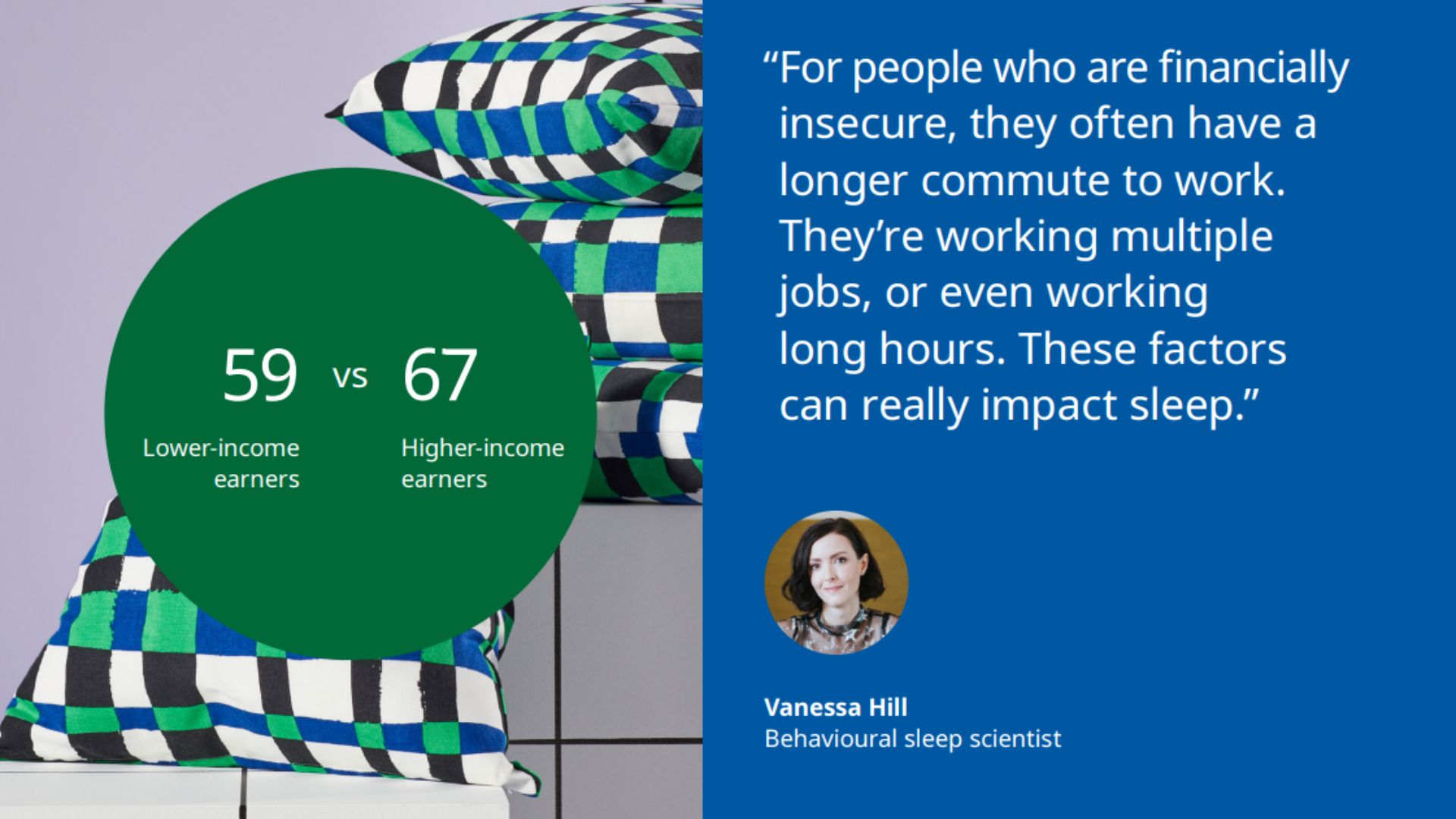
The inequality of income and sleep is stark. But there’s also a gender inequality, too.
The lower your income, the higher the frequency you’ll experience bad dreams or nightmares
A UK government report found that “female night-time workers are more likely to be low earners and less likely to be high earners than males,” while a recent study revealed that “female shift workers report relatively more sleep loss, daytime sleepiness, and psychological distress,” compared to male shift workers.
Another example of the gender sleep gap at play.
Dr. Winters acknowledges this, saying that while “research has shown that shift workers probably miss out on an average of 1 hour of sleep/night compared to their day working counterparts,” this figure is usually worse for women “as they still tend to shoulder the majority of the domestic responsibilities.”
Is there a solution?
It’s a bleak situation that’s unlikely to change drastically in the near future. “I have missed birthdays, missed dinners, and [had] long weekends where all you do is sleep in silence,” says Kiara. But is there a solution?
“Shift work is becoming increasingly common as we move toward a 24-hour economy,” says Robert Bird, a professor of business law and ethics at the University of Connecticut who has published research on shift work from a legal and ethical perspective.
“Customers expect immediate service and overnight delivery, and extensive evening and overnight shift work is required to make that happen.”
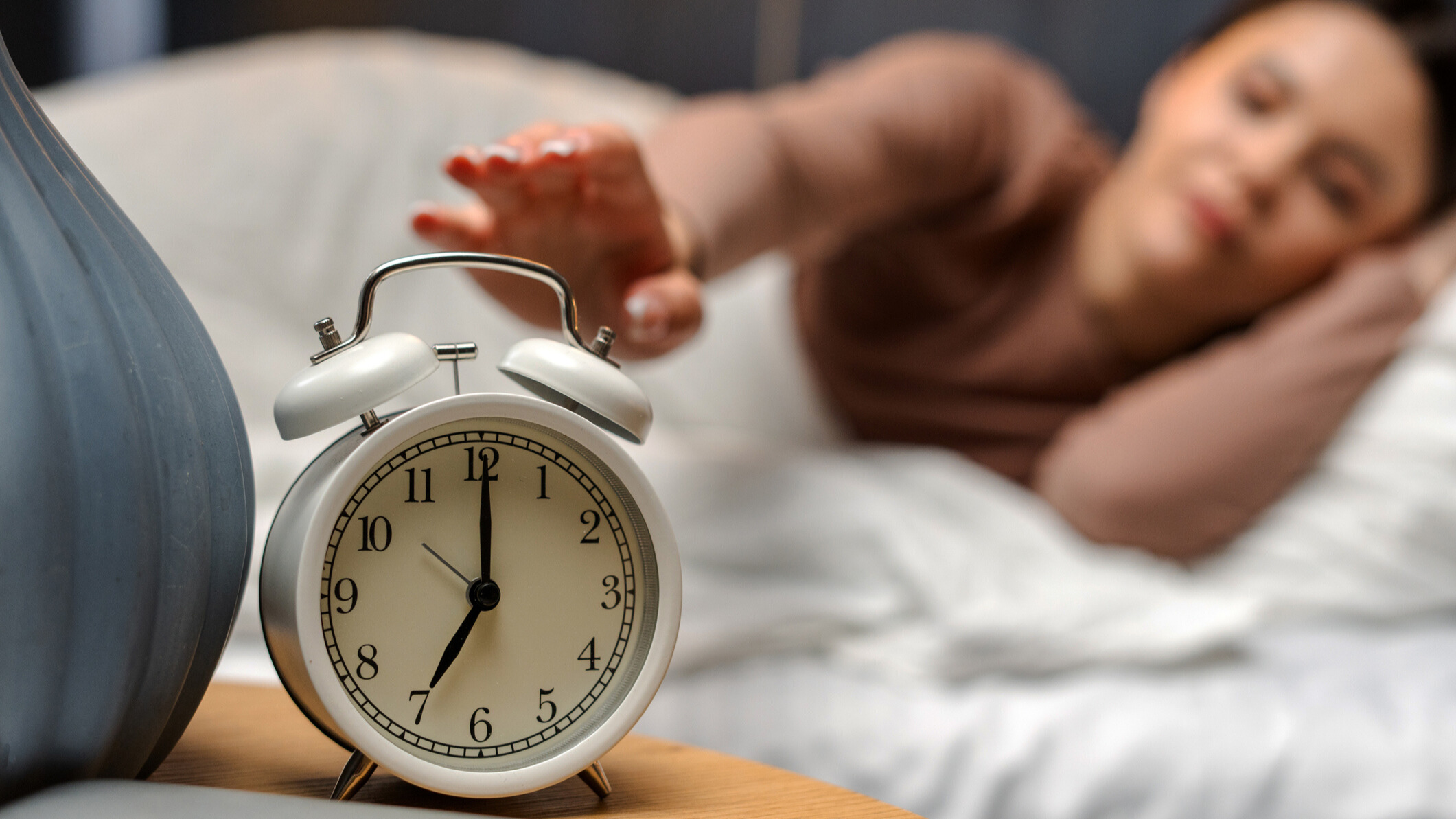
For this reason, it’s unlikely — or even impossible — that we’ll see an end to shift work. But Robert says there are ways businesses can make it more manageable.
“A consistent night shift is better than a rotating shift schedule," he explains. "Employees that subject to a rapidly rotating shift schedule will have their circadian rhythms constantly disrupted, resulting in poor sleep.”
If the company must use a rotating shift schedule, Robert suggests that "the rotations should be slow and rotate forward (day-evening-night), not backwards (night-evening-day).”
“Most importantly, managers should consult with employees about the type of shift work schedule they want," he says. "Shift work does not have to be unethical or exploitative if employers take into account worker health and well-being when designing the schedule.”
“Legal reform can better protect employees, but most important is that businesses practice change," he adds.
A doctor’s sleep tips for shift workers
The reality for many people is that shift work is necessary and impossible to avoid. If that’s the case for you, there are ways to improve your rest and get better sleep.
“My belief is that the intrinsic nature of shift work is always going to degrade sleep,” says Dr. Winters.
“I think it's managing it properly. It's like asking an X-ray technician if there are ways to make x-rays less dangerous. I don't think there is, but with the proper tools and safety protocols, we can minimize that risk.”
“I would recommend making sure the bedroom environment can be made VERY dark for sleeping during the daytime,” the doctor says. Try black out blinds but also invest in a quality sleep mask as a back up.
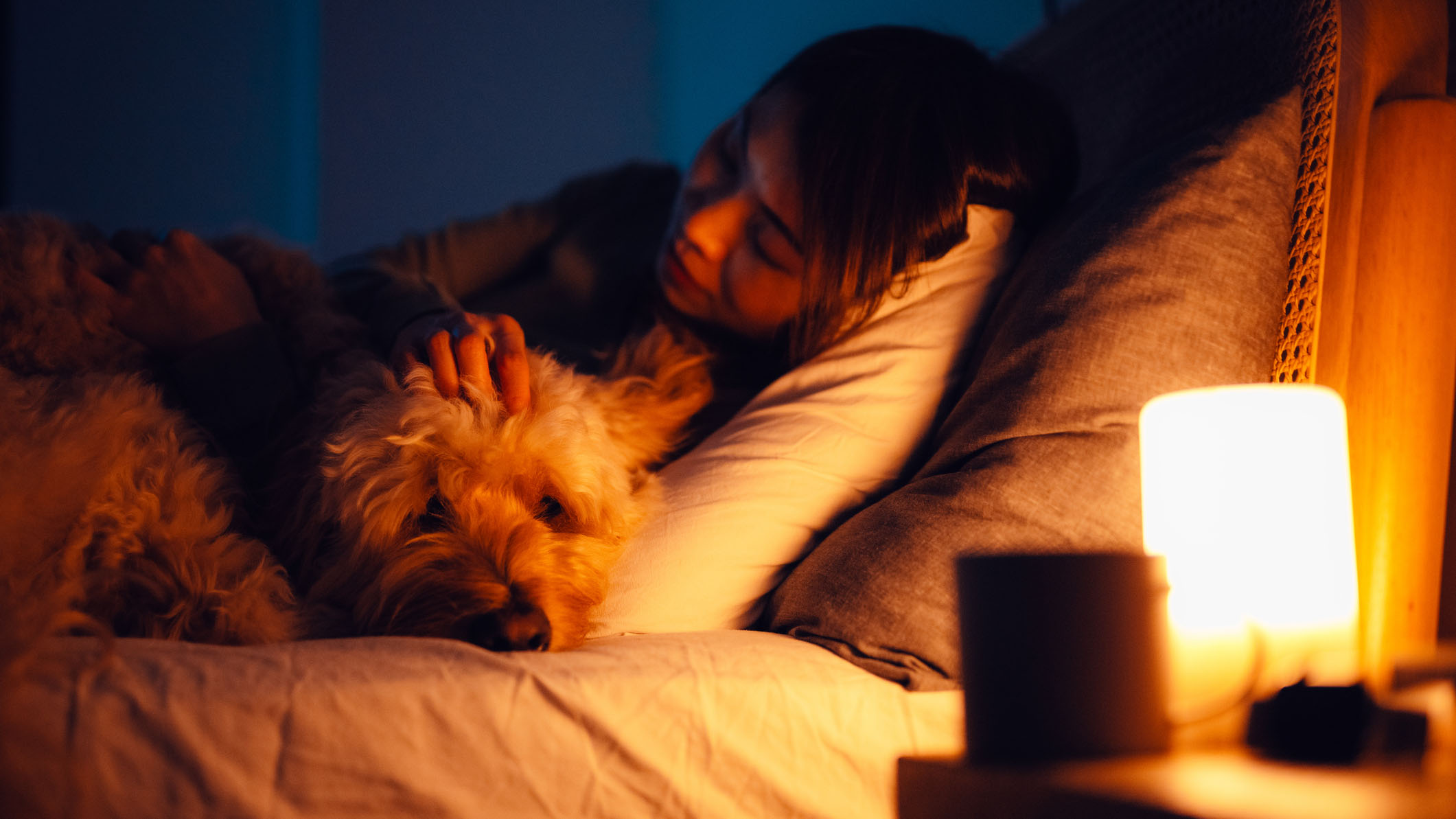
Taking steps to block noise is also very important, he says. Sleep earplugs or sleep earbuds can reduce noise pollution enough so you’re not disturbed. This is particularly important for those trying to sleep during the day when noise levels are higher.
But your bed itself is also an important consideration. “I would make sure bedding, pillows, mattresses, and bedclothing are all picked to ensure maximum comfort,” the doctor says. “Think of these things as job expenses!”
Investing in the best mattress for your body type and sleep preferences will help you feel more well rested, while the best pillow for your sleeping position will help support your body throughout the night.

Lauren is an experienced writer and editor in the health and lifestyle industry and has led many campaigns and projects that deliver news, advice, and research on all things sleep. As the Sleep Features Editor for Tom’s Guide, Lauren writes, commissions and edits sleep and mattress content, from in-depth how-tos in sleep and mattress health to interviews with doctors and neuroscientists on the latest news in sleep. Lauren regularly tests new sleep tech and accessories to evaluate their effectiveness for getting good quality sleep and easing specific sleep struggles like nighttime anxiety. Alongside this, Lauren reports on the best mattress brands out there, like Helix, Saatva, and DreamCloud, helping readers find the right mattress for them and the best deals on them.
You must confirm your public display name before commenting
Please logout and then login again, you will then be prompted to enter your display name.
 Club Benefits
Club Benefits





